Romania does not have what it needs to become a high-tech economy, because it has not laid the foundations for such a thing, and is moving towards a service economy, believes Valentin Lazea, chief economist at the National Bank of Romania.
"I, personally, do not believe that we have what it takes to become a high-tech economy, because we have not laid the foundations to have something like that, both in terms of the educational system and in terms of the research-innovation system. As long as we have the PISA scores we have in the educational system and 40% functional illiterates, we cannot hope for a knowledge-based economy. And the first measure that must be taken now so that, possibly in 15-20 years, we can aspire to a knowledge-based economy, is a system of incentives and penalties for teachers, so that they go to rural areas," Lazea declared at the "Smart Development, European Competitiveness" summit, specifying that he was speaking on his own behalf, agerpres reports.
He emphasized that for 12 years, he has been coming up with a proposal, which it seems no one is listening to, namely to grant state scholarships to the best high school students from rural areas, under their signature that, once they finish their studies, they will return and work for at least three to five years, on account of the scholarship they received, in their hometown, and if they do not return, they will bear the entire cost of the scholarship, possibly with interest and penalties.
"A market mechanism must be found, I emphasize market, through which to help the most brilliant students in rural areas (...) and, by helping them, to help the other children as well. So this must be done in education, if we want, in 15 years, to hope for a knowledge economy," said the NBR official.
And regarding the research-innovation system, he claims that there is not even the slightest connection between the four actors who are part of this system, that is, between the innovator, respectively the engineer who comes up with the idea, the producer, the trader and the intellectual property specialist.
"The innovator, being an engineer, has nothing to do with intellectual property, legal or economic matters. He invented the broom that flies through the air. He needs an ecosystem in which, by pressing a key, a list of all the intellectual property specialists in the county and the country is displayed. He can press another key and all the producers in the country or abroad who produce the respective specifics, the respective range of products, and where he can go to present his invention once it has been patented, appear. And, finally, a list of merchants where the same invention can be.... This is a simple thing, a computer program can be made, an ecosystem in which all these four parts can come together. In Romania they do not know each other or, if they do, they know it in the way "coincidentally," explained Valentin Lazea.
On the other hand, the economist pointed out that, in his opinion, Romania, and Europe in general, are moving towards a service economy, having the same constraints: they lack certain strategic resources for industrial production, such as rare earths, labor is more expensive than in other continents, namely Asia, Africa, Latin America, and climate requirements are more stringent in European countries than in other states.
"Given these constraints, we and the Europeans will, willy-nilly, turn towards services," Lazea pointed out.
He mentioned that Romania already has a surplus, i.e. exports greater than imports, in three branches - international transport, computer and information services and goods processing services, but has a deficit "that it should not have" in terms of international tourism, construction services and personal, cultural and recreational services.
"For example, in terms of international tourism, we should promote much more diligently not only the seaside and the mountains, but also cultural, religious, historical, sports tourism, etc., all those things in which we are competitive, but we do not know how to promote them. In terms of construction services, we have a deficit when we have so many Romanian workers working abroad. Couldn't we create teams that start from design, planning, architecture, not just brute force? And, finally, in terms of personal, cultural and recreational services, we have the advantage that in Romania we have a very good knowledge of foreign languages, which should make us leaders in this field. For example, nursing homes for wealthy clients in Europe. So, let the German women come, instead of going to Thailand or I don't know where they are offered services, let them "They come to smaller localities in Romania where they can be cared for for quite a lot of money. Or European cinematographic production using our infrastructure. So, we will turn to services," the economist specified.
Valentin Lazea participated on Friday at the "Intelligent Development, European Competitiveness" summit, organized by the Concordia Employers' Confederation.

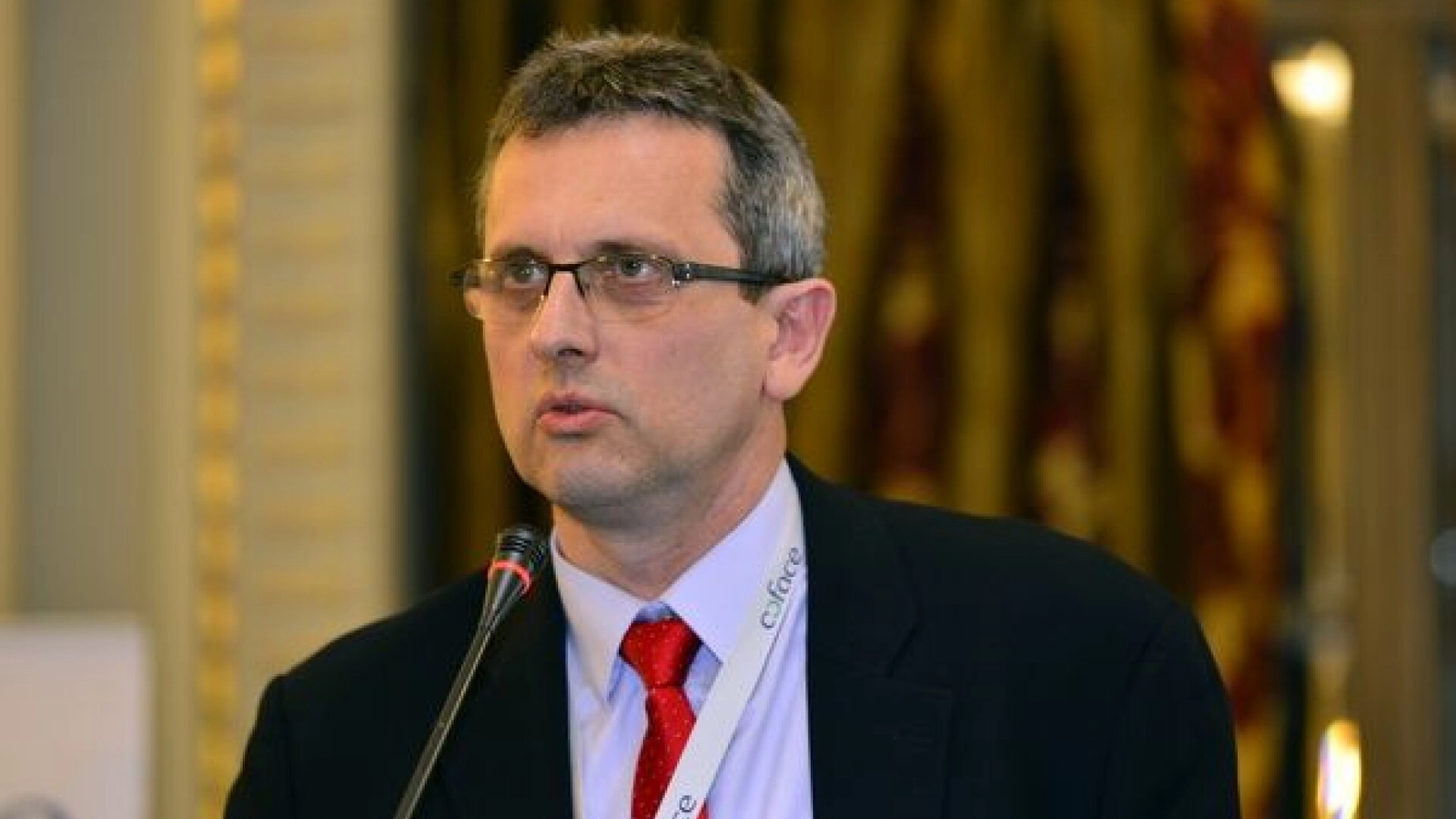





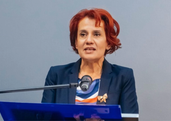
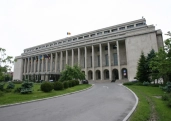

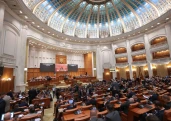
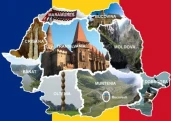




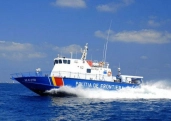




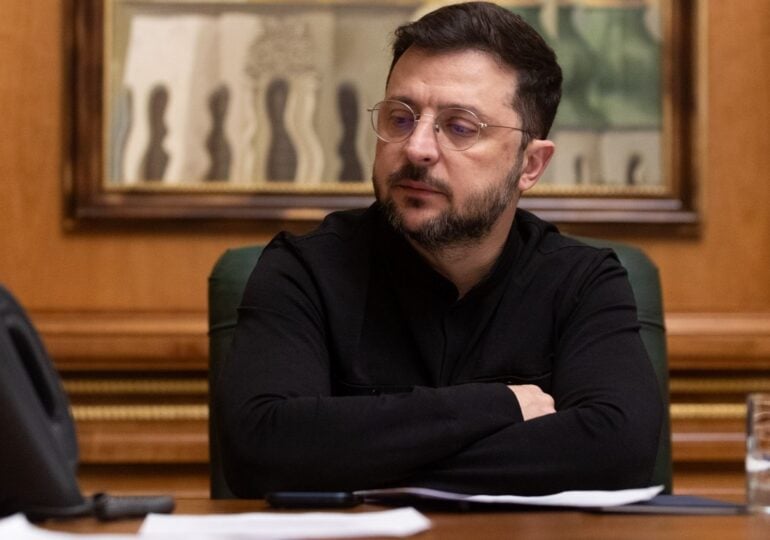










Comentează